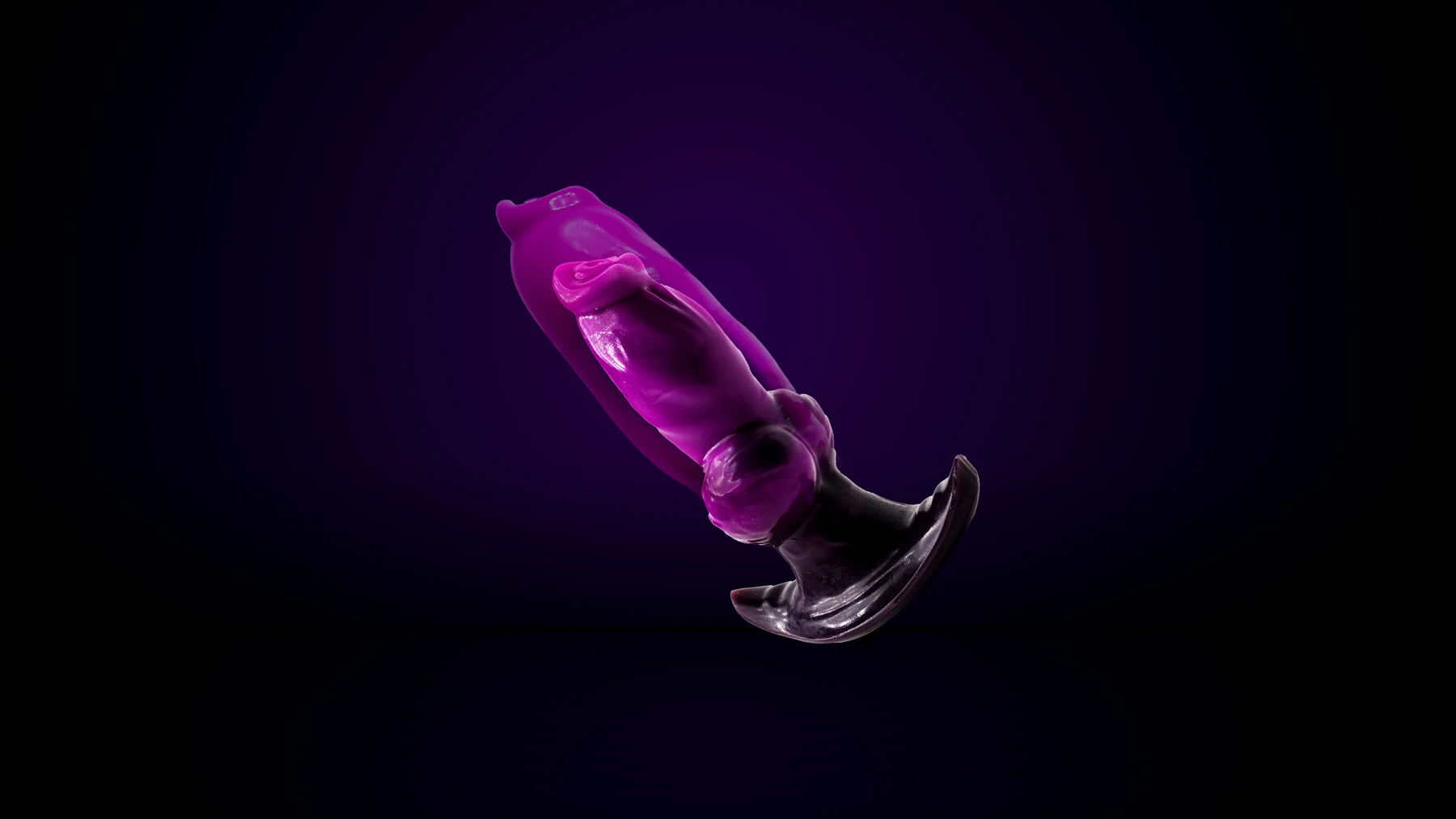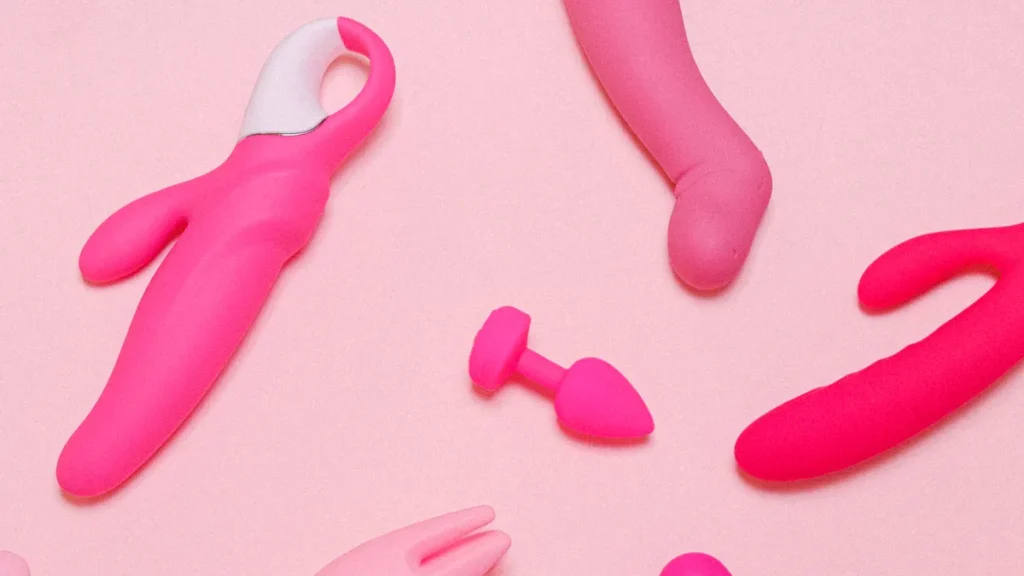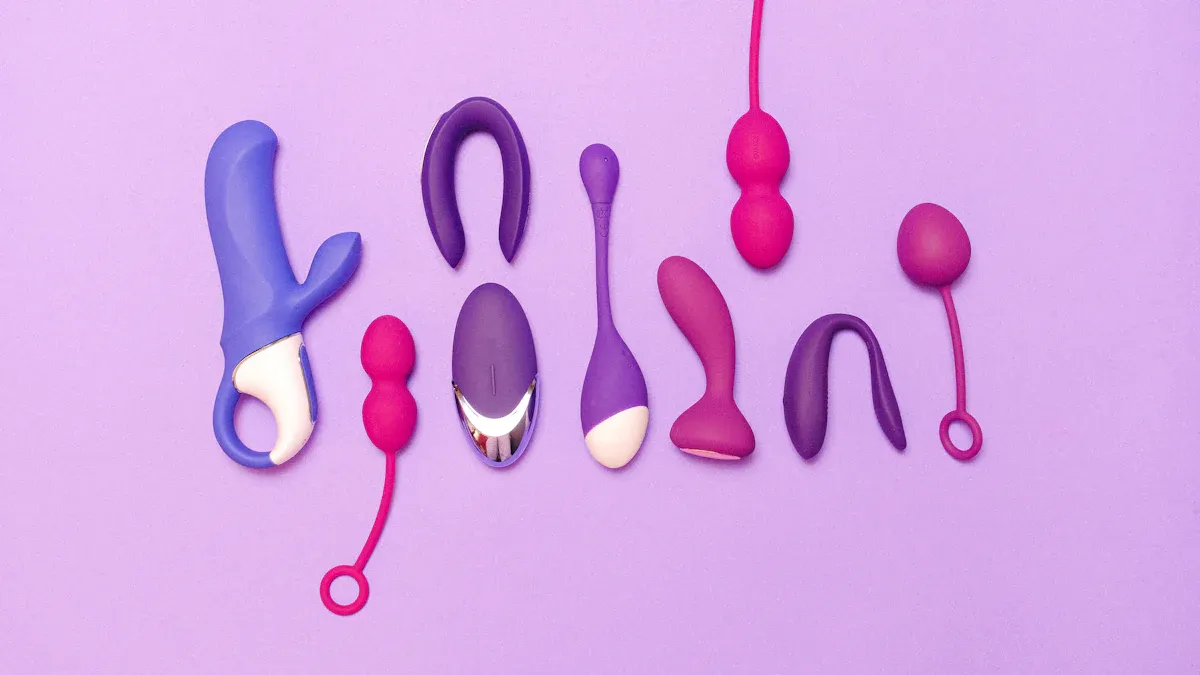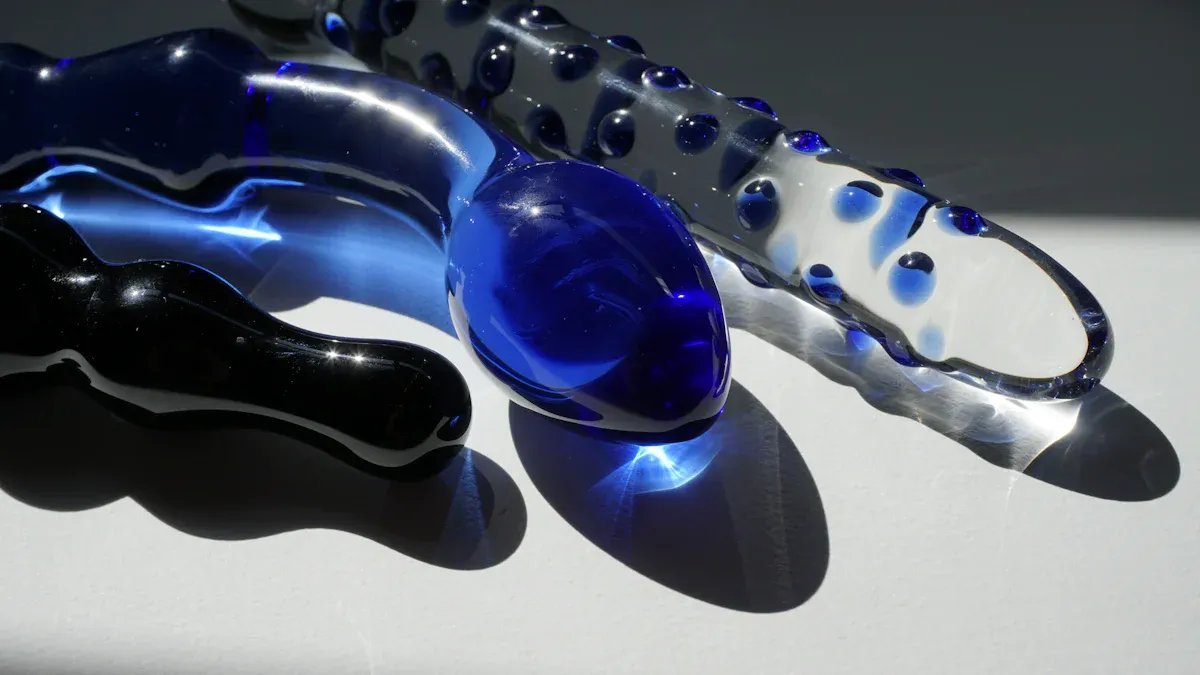Understanding the Safety of TPE Dildos
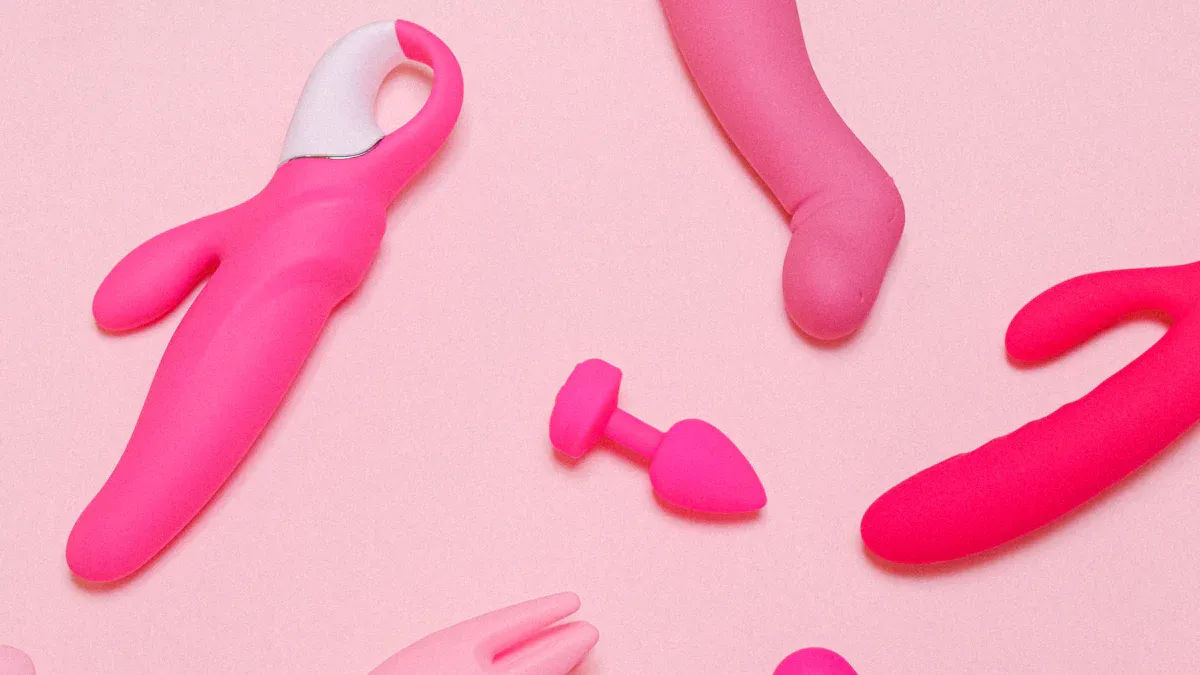
You might ask if tpe dildos are safe for you. Tpe sex toys use materials without harmful chemicals, so they help keep you healthy. But the surface of a tpe dildo has tiny holes. These holes can hold bacteria, so cleaning is harder. Squirting Strap on Dildos, Inflatable Dildos, and Face Dildos made from TPE need extra care. You should always think about your safety and pick products that protect your health.
TPE Sex Toys: Material Facts

What Is TPE?
You might see TPE on sex toy packaging and wonder what it means. TPE stands for thermoplastic elastomer. This material mixes plastic and rubber together. It feels soft and bends easily. TPE sex toys are stretchy and squishy. Many people like how gentle they feel on skin.
TPE costs less than silicone, glass, or metal.
Companies use TPE in strokers, masturbators, and penis toys because it stretches.
TPE can take high heat and comes in lots of colors.
TPE is also used in car parts, medical tools, and roofing.
TPE is used in many things because it is so useful. But TPE sex toys have tiny holes on the surface. These holes can trap fluids and germs. This makes it harder to keep the toy safe and clean over time.
Chemical Safety
You may want to know if TPE sex toys are safe for your body. Most TPE sex toys do not have phthalates or harmful plasticizers. This lowers the chance of allergies or chemical problems. Makers test TPE using medical rules to make sure it is safe for bodies.
Factories use Good Manufacturing Practices (GMP) to keep toys clean and safe.
Regular checks and certifications like RoHS and REACH look for bad chemicals.
TPE sex toys stay stable and do not break down fast.
Note: TPE sex toys start out safe, but their tiny holes make deep cleaning hard. Germs can hide in these holes. You should be extra careful, especially if you use the toy more than once.
TPE Dildos: Safety Concerns
Porosity and Bacteria
When you use a tpe dildo, you need to know about porosity. Porosity means the toy has tiny holes on its surface. These holes are too small to see, but they can trap fluids and germs. Bacteria and mold can grow inside these spaces. Even if you wash your tpe dildo, some germs may stay hidden. This can lead to infections or irritation. You want to keep your body safe, so you should always think about how porosity affects your health.
Tip: If you share tpe dildos or use them more than once, you raise the risk of spreading bacteria. Always use a condom with your tpe dildo to help protect yourself.
Cleaning Challenges
Cleaning tpe dildos is not as easy as cleaning some other body-safe sex toys. The porous surface makes it hard to remove all germs. Soap and water can clean the outside, but they cannot reach deep inside the tiny holes. You cannot boil a tpe dildo or put it in the dishwasher, because high heat can damage the material. This means you cannot fully sanitize tpe sex toys. If you want good hygiene, you must clean your tpe dildo right after each use and let it dry completely.
Wash with warm water and mild soap.
Pat dry with a clean towel.
Store in a dry, dust-free place.
If you see any changes in color, smell, or texture, you should replace your tpe dildo. These signs mean germs or mold may have started to grow.
Chemical Exposure
Tpe dildos do not have phthalates or harsh chemicals, so they start out safe for your body. Over time, though, the material can break down. If you use oil-based or silicone-based lubricants, you may speed up this process. When the surface gets sticky or tacky, it can release small particles. You do not want these particles inside your body. For better safety, always use water-based lubricants with your tpe dildo.
Note: Tpe dildos are not fully body-safe for long-term or repeated use without extra care. If you want the highest level of safety and hygiene, you may want to choose silicone or other non-porous materials.
TPE Dildo vs. Silicone
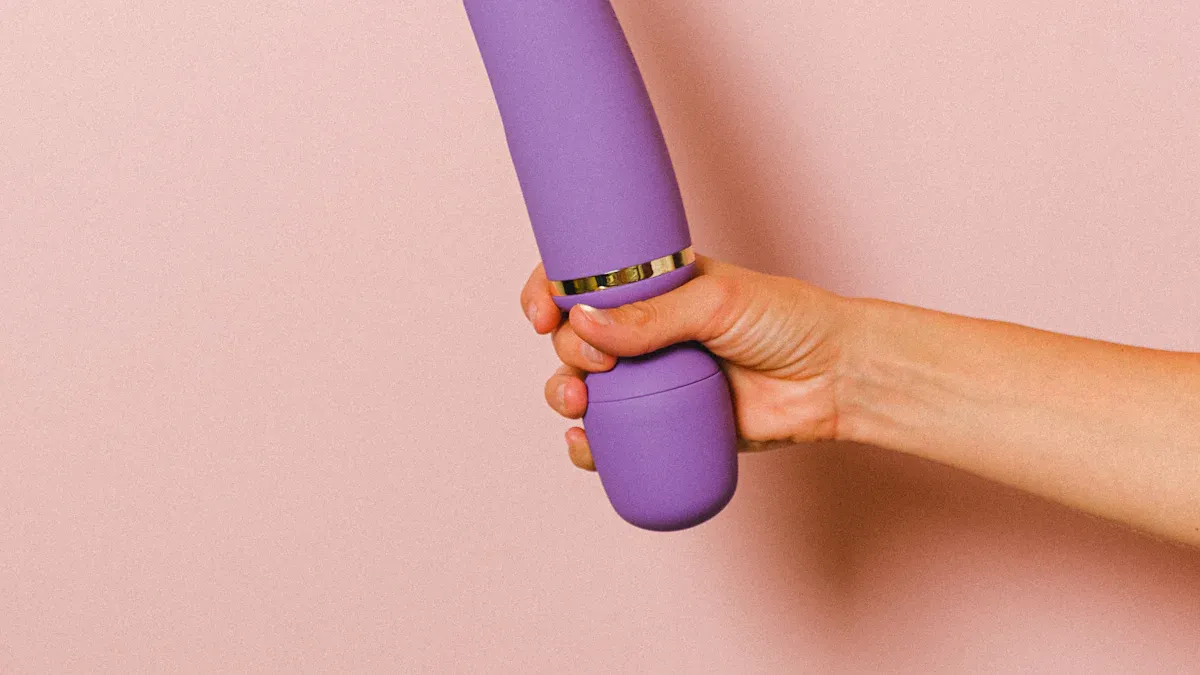
Safety Comparison
When you look at tpe dildo options and silicone dildos, you want to know which is safer for your body. Silicone stands out as a top choice for safety. It is non-porous, so germs and fluids cannot hide inside. You can clean silicone with soap and water, or even boil it for deep cleaning. This makes silicone dildos a strong pick if you care about hygiene and long-term use.
Tpe dildos feel soft and lifelike. Many people enjoy this realistic touch. However, tpe dildo surfaces have tiny holes. These holes can trap bacteria, making cleaning harder. You cannot boil tpe sex toys, so you must use gentle soap and water. If you want to lower your risk, always use a condom with your tpe dildo. This extra step helps protect your health and boosts safety.
Tip: If you have allergies or sensitive skin, silicone is usually the safer choice. It is hypoallergenic and does not react with most lubricants.
Durability and Maintenance
You want your sex toys to last and stay safe. Silicone dildos have high durability. With good care, they can last up to eight years. You can clean them easily and store them without worry. Tpe dildos offer a very soft, realistic feel, but they do not last as long. They need gentle cleaning and careful storage away from sunlight.
Here is a quick comparison to help you decide:
Material | Durability | Realism | Ease of Cleaning |
|---|---|---|---|
Silicone | High | High | High |
TPE | Moderate | Very High | Moderate |
Tpe dildos need more attention to keep them safe. Always dry them well and store them in a cool, dry place. If you see any changes in color or texture, replace your toy. Good maintenance helps you enjoy your toys while keeping safety in mind.
TPE Dildo Care
Cleaning Tips
You want to keep your tpe dildo safe and clean. Always wash your toy by hand after each use. Use warm water and a mild antimicrobial soap. Pay close attention to any folds or crevices. These spots can hide bacteria. Rinse the toy well to remove all soap. Dry it by patting with a soft towel, then let it air dry. Never use harsh chemicals or strong cleaners. High heat can damage the material, so do not boil your tpe dildo or put it in the dishwasher. If you want extra protection, use a sex doll cleaner made for delicate TPE. After the toy dries, you can dust it lightly with baby powder or cornstarch. This step keeps the surface smooth and helps the toy last longer.
Tip: If you notice any changes in color, smell, or texture, replace your tpe dildo right away. This helps you keep good hygiene and avoid health risks.
Storage Advice
Store your tpe dildo in a cool, dry place. Keep it away from sunlight and heat. Sunlight can make the material break down faster. Place the toy in a clean cloth bag or a box to protect it from dust. Do not let your tpe dildos touch other toys, especially those made of silicone or rubber. This can cause the materials to react and break down. Always make sure your toy is dry before you put it away.
Condom Use
You can boost your safety by using a condom with your tpe dildo. This step helps keep bacteria and fluids off the toy. If you plan to share your toy or use it for both vaginal and anal play, always use a new condom each time. Using condoms makes it easier to clean a tpe sex toy and lowers your risk of infection. Water-based lubricants work best with tpe dildos. Avoid oil-based or silicone-based lubes, as they can damage the material.
Remember: Good hygiene starts with careful cleaning, safe storage, and smart use. Replace your tpe dildo if you see any signs of wear or damage.
You want to pick what is best for your health and comfort. TPE dildos feel soft and cost less money. But they have tiny holes that make cleaning harder. This can make it easier for germs to stay on the toy. Silicone dildos are different. They do not let chemicals in, last a long time, and meet strict medical rules. Look at the table below to see how TPE and silicone are different in chemical resistance, safety, and how long they last:
Comparative Aspect | TPE Characteristics | Silicone Characteristics |
|---|---|---|
Chemical Resistance | Handles water and mild soap, but breaks down with oils and strong cleaners. | Does not react with oils, cleaners, or most chemicals. |
Regulatory Compliance | Sometimes needs special changes to be safe. | Usually approved for medical and food use. |
Application Suitability | Saves money and can be recycled. | Used most for medical and food items. |
Environmental Impact | Can be recycled. | Not as easy to recycle, but lasts longer. |
If you want something very safe and easy to clean, pick silicone. Always think about your health and choose what is best for you.

